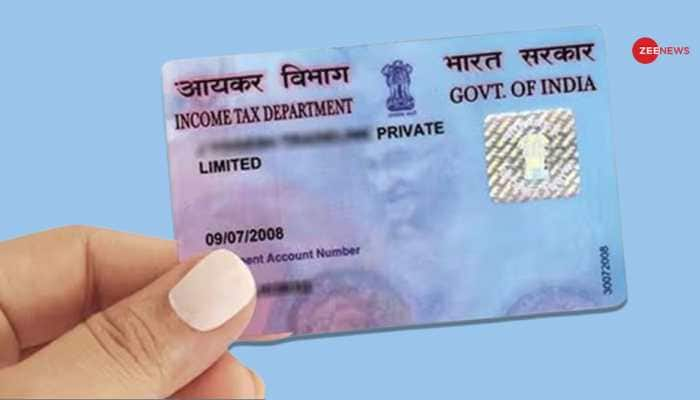e-Confused Government
Trending Photos
)
A new policy is announced by the Modi government. The government claims it is ‘for’ the people. It thinks it has arrived. The people cry foul. The government hurriedly withdraws the policy. Then, ensue a series of defensive arguments and extensive media coverage about the government’s inexplicable move. And, this continues till the next policy is announced.
Doesn’t this sound like a familiar scenario? Some time back it was about Net Neutrality, then came a ban on adult sites, and now the Encryption policy. Arrests for comments on Facebook, or mobile network ban in politically or religiously sensitive areas, or requests by the government to companies like Google for removal of content critical of it, cease to shock the people anymore. Is this how the government plans to bring to fruition its idea of Digital India? Is this how advancement in technology will be thwarted? Is this how privacy, which by all means is a fundamental right of every citizen, be treated? Is this how the government plans to make a connect with its people? Is this how it expects to be voted to power in future?
The opposition, especially the Congress party, is crying hoarse about such flip-flops by the current government, having conveniently forgotten its share of blunders. The UPA government was no different when it was in power. It too was unsympathetic towards anybody critical of the government. Therefore, the Congress party has no reason to take a moral highground in front of the Modi government. People’s memory may not go back too long in time, but it isn’t that short either.
Sometimes one wonders what leads the government to take such steps. Is it a lack of knowledge? That cannot be an excuse in a country full of talented people, and the availability of help from outside the country, if the government wants to take advice. Then what is it? Fear of giving power in the hands of people? Insecurity of losing full control? Anxiety about not being able to hide certain unpalatable facts? Or, is it the good old plain laziness? Whatever be the reason, the fact remains that the repercussions of such acts are going to have adverse effects on future prospects of this government as well. The government has already begun alienating people, especially the middle-class that has played a big role in bringing it to power. It gives the opposition ammunition to run down the government, and makes it even tougher for the latter to defend its action. Also, it takes away attention from the issues that matter and all the good steps that the government may have taken. Above all, it compels the government to take a clear stand on issues that can put it in a spot and were therefore conveniently being left unattended. The recent ban on adult sites is a case in point. By lifting the ban on such sites, the government has given explicit consent on visiting such sites, which was not the case until now. It is almost as if the government has made these sites legal. What a strategy!
So, what is the ideal way to bring about such policy changes? The best and most practical way would be to first float a topic for discussion, giving its rationale and pros-cons. It can be made open to the public for comments. After that a draft can be issued, which again can be made open to the public. Post that, the final policy can be announced. This way resistance to any policy would be bare minimum because when one engages people in decision-making, they feel involved and cared about.
Having given some sane advice, which must have been given by many, many times earlier, the practical expectation is that the government may not learn so soon. It is quite likely to do it again. So, here are some ideas for it to create ruckus about in future.
How about a policy for banning the use of chatting applications like Skype, or WhatsApp after 10 pm based on some so-called scientific studies by the multitude of moral policemen, that prove that adult content is likely to be shared in the night? How about not allowing couples to post their pictures on Facebook till they are married? How about not allowing online discussion on topics like smoking, drinking, live-in relationships, homosexuality and the like? How about not allowing comments on any topic that is political, or religious? How about not allowing people of one caste, or religion to comment on issues related to other castes, or religions? How about making it mandatory to get approval from a political party if you want to post a comment, or a blog, or even a tweet critical of that party?
If you think this is as weird as it can get, wait till the government comes up with even more bizarre suggestions that may have been unthinkable until now. Cheers to the government’s e-creative blunders, for many more are yet to come! So much for a Digital India!
(Shobhika Puri is a freelance writer.)
Stay informed on all the latest news, real-time breaking news updates, and follow all the important headlines in india news and world News on Zee News.
Live Tv







)
)
)
)
)
)
)
)
)
)
